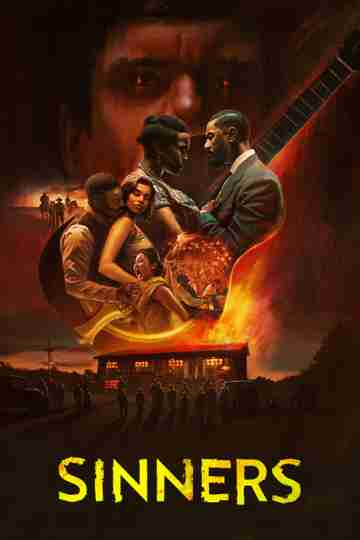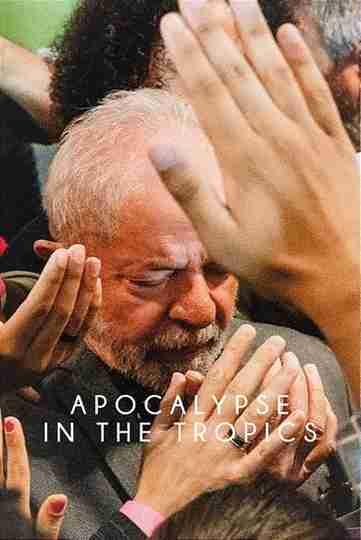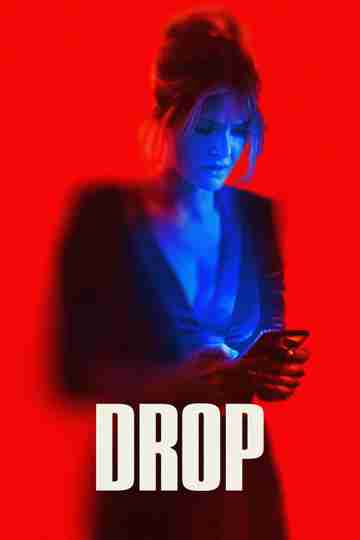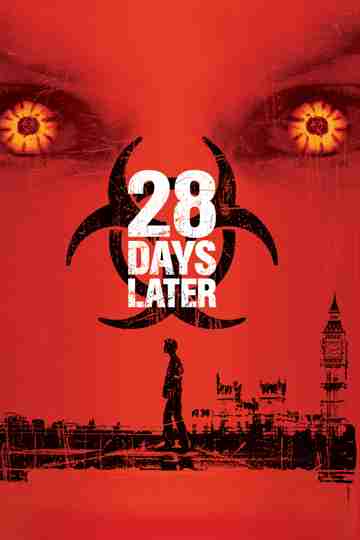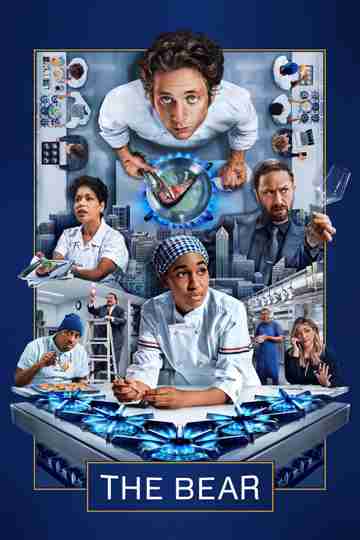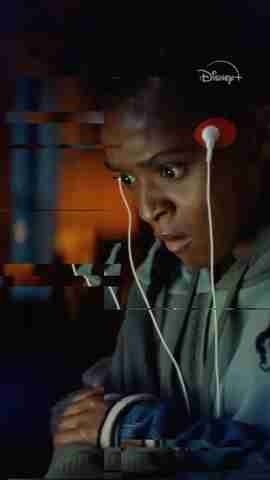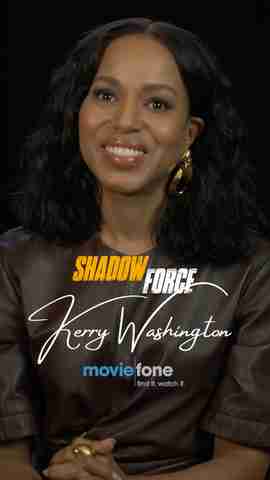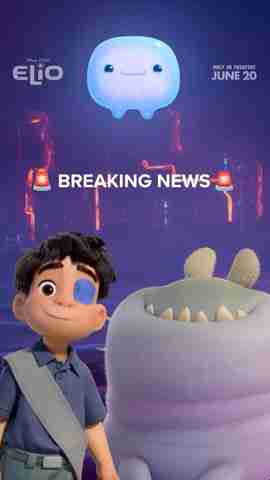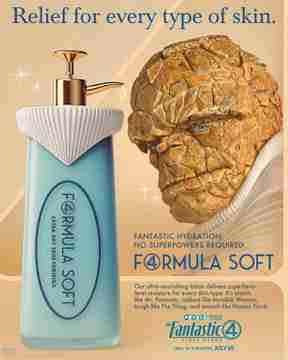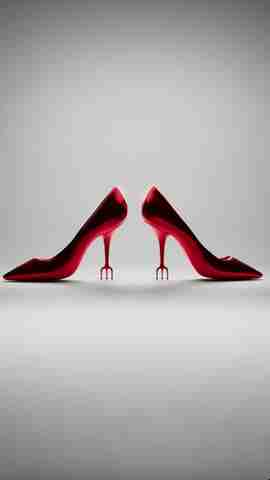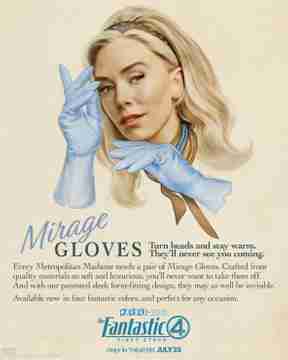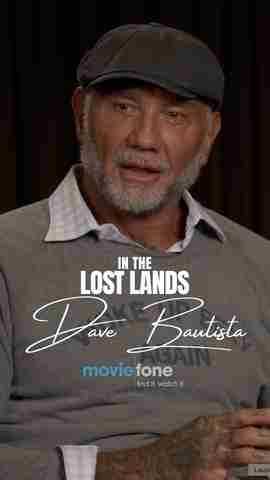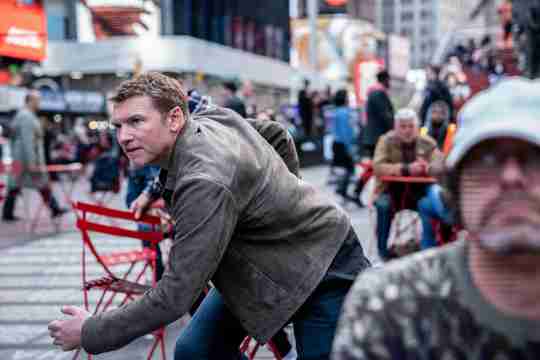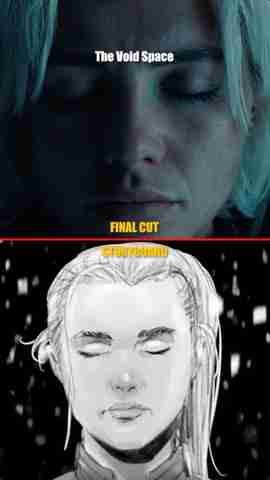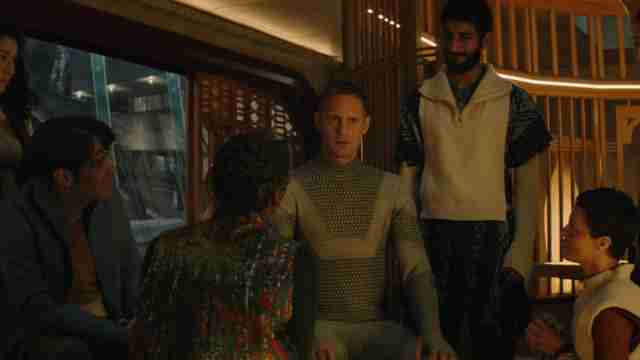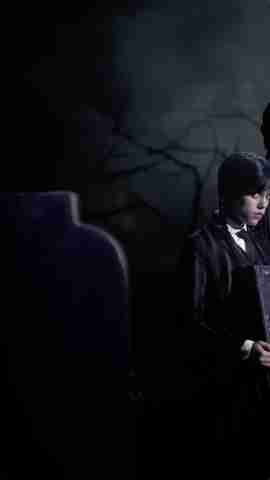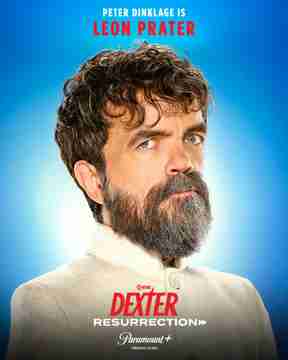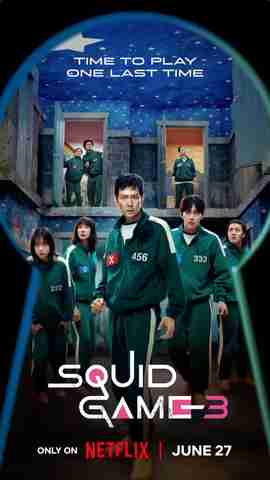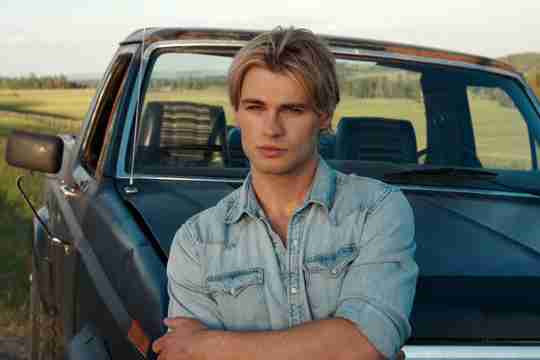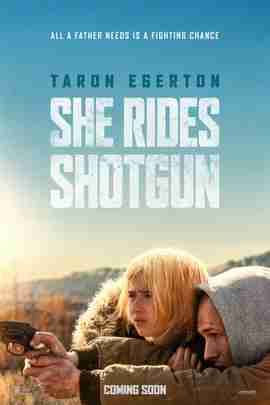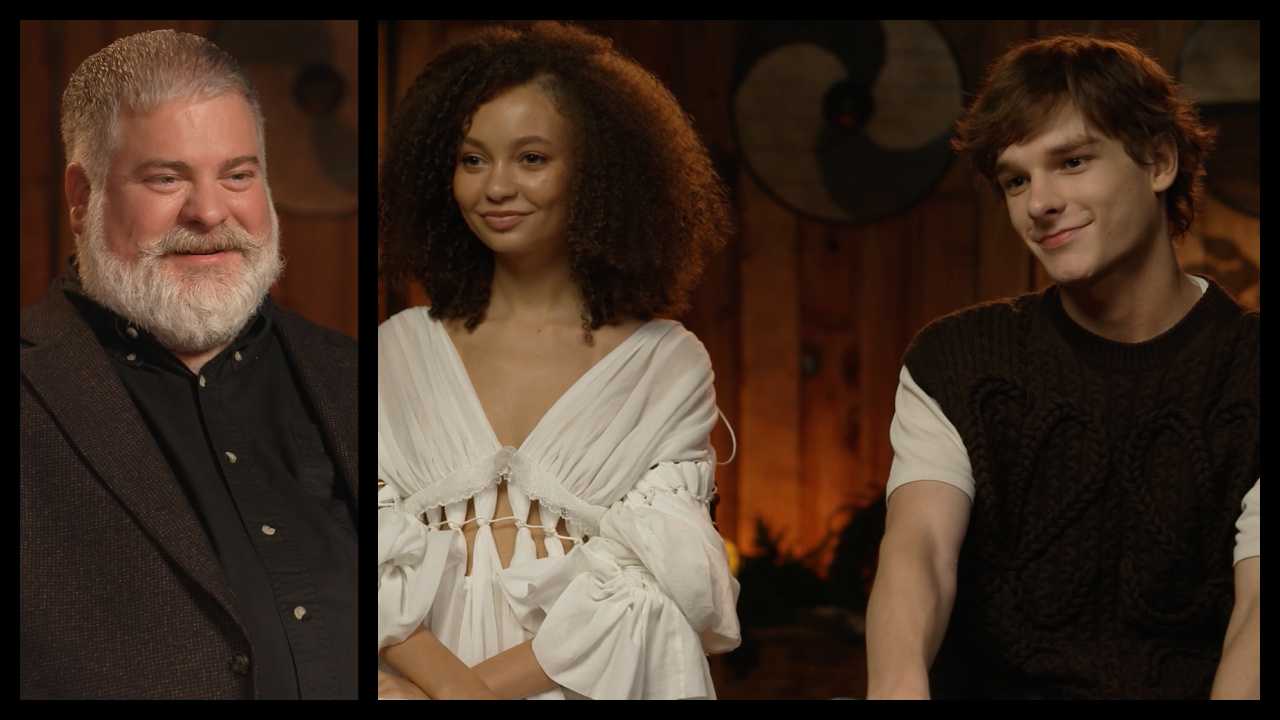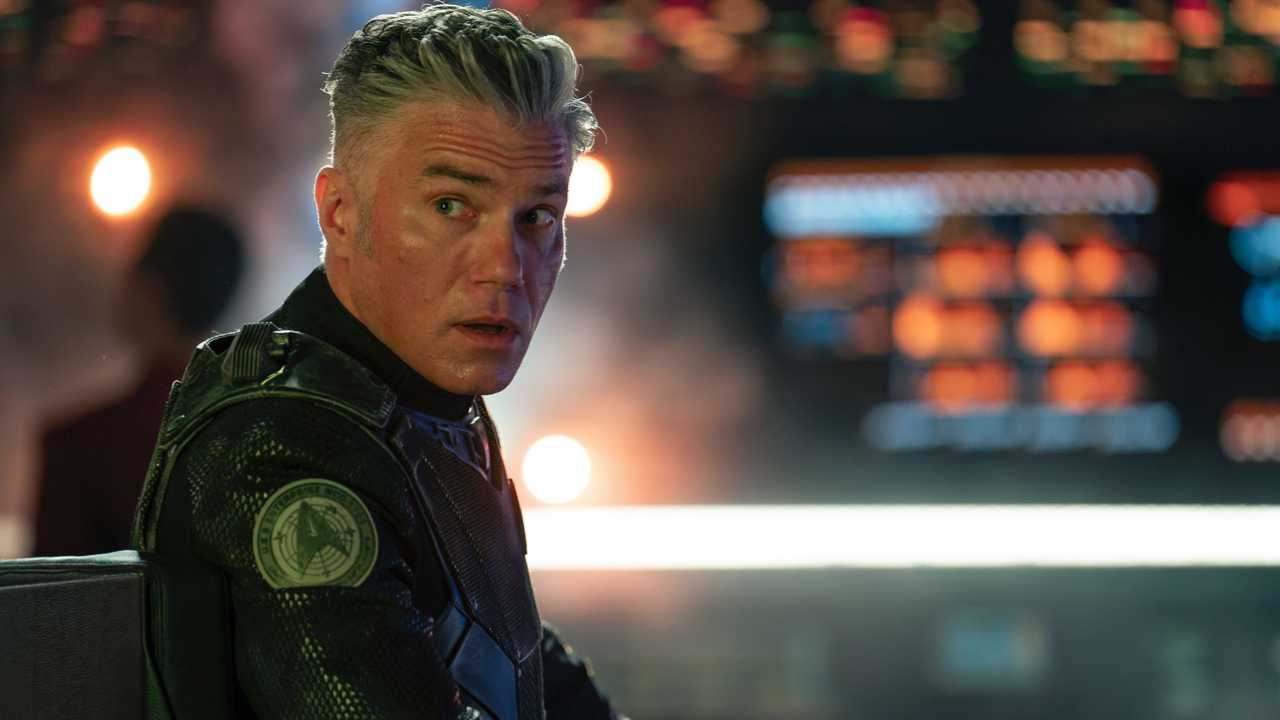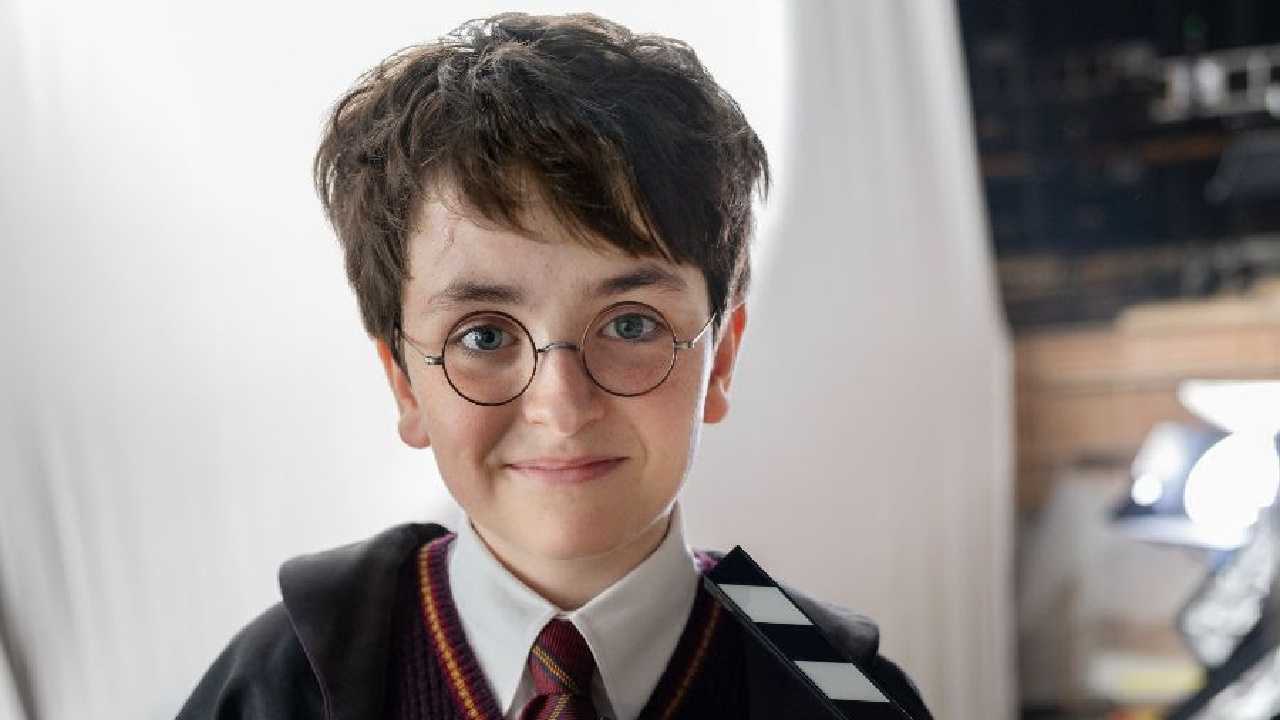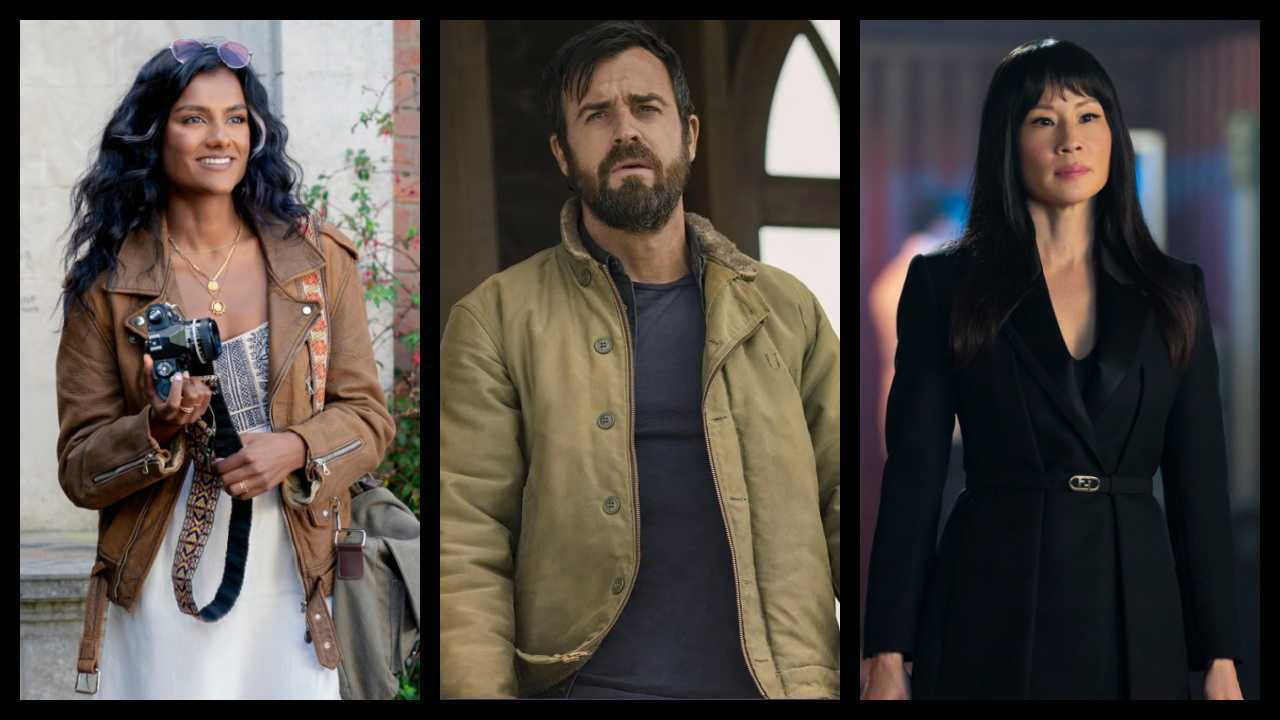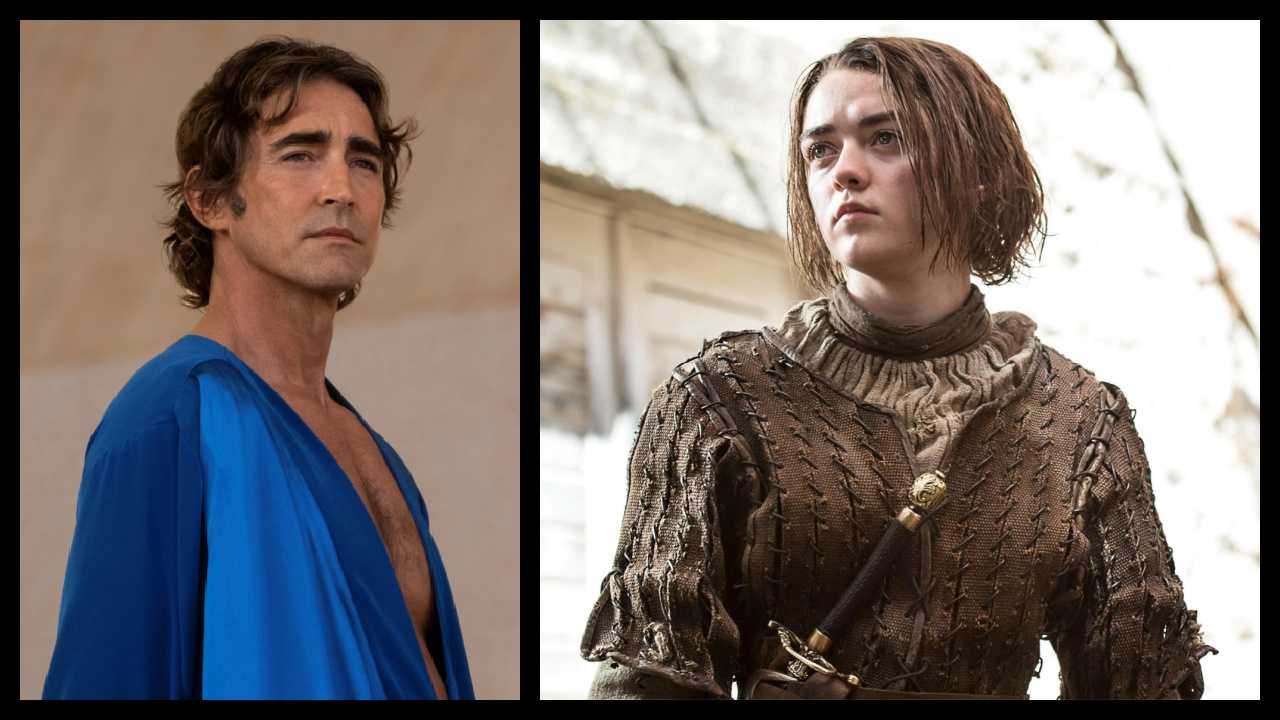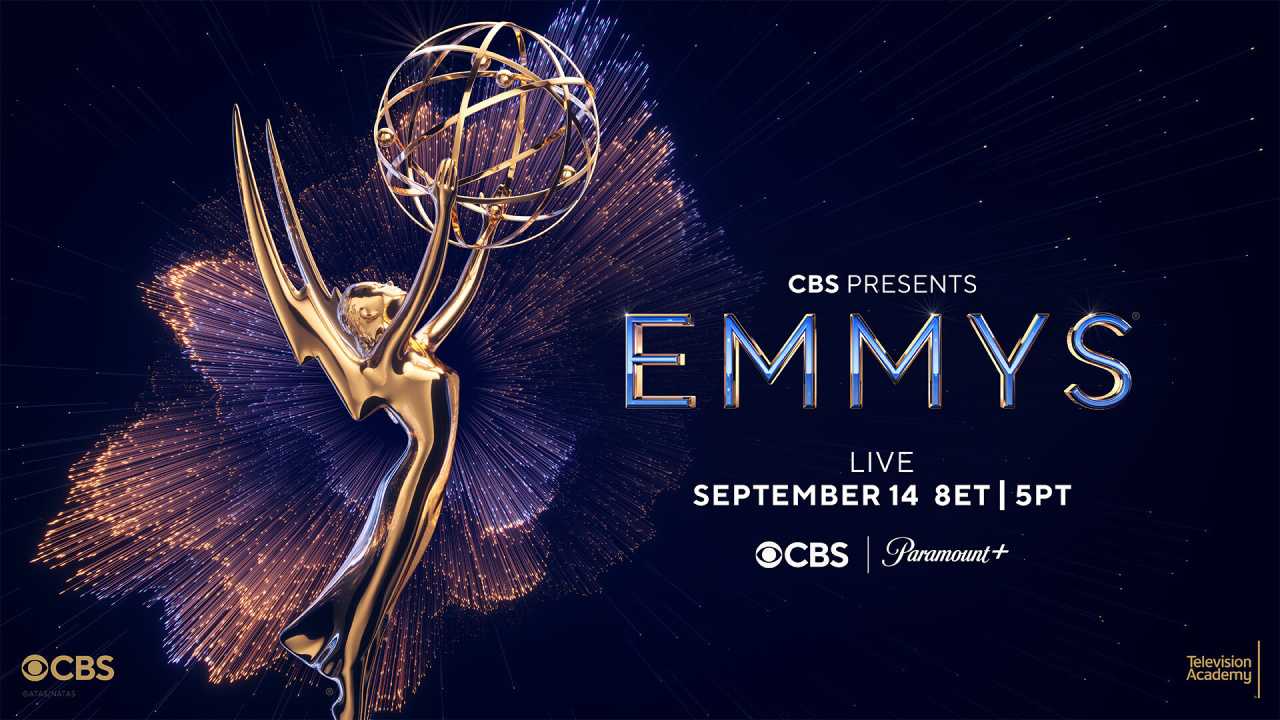15 Things You Never Knew About 'The Big Lebowski'
The Dude still abides. Twenty years after its release (on March 6, 1998), who'd have imagined that "The Big Lebowski" would have become such a, like, huge deal, man?
The Coen brothers' follow-up to "Fargo" was a box office disappointment compared to their previous hit. But over the years, it became a cult phenomenon, everyone's favorite stoner movie, even spawning its own fan convention. "Lebowski" also provided Jeff Bridges with the defining role of his acclaimed and varied career, gave similarly unforgettable roles to John Goodman, Julianne Moore, and John Turturro, and proved the coolest project Tara Reid has ever been associated with that didn't involve flying sharks.
Still, as many times as you've watched it (assuming you ever watched it straight), there's still much you may not know about it, from the film's real-life inspirations to why everyone spends so much time bowling. Pour yourself a White Russian and read on.
1. Most fans know that Bridges' Jeff "the Dude" Lebowski was inspired by real-life Coen pal Jeff Dowd, a White Russian-drinking movie promoter and veteran activist who really was one of the Seattle Seven. But another inspiration was Peter Exline, a film producer and Vietnam Vet who supplied the catchphrase about the grubby rug that "really tied the room together" and an anecdote about a teen carjacker who made the mistake of leaving his homework in the car. Yet another inspiration was famed screenwriter John Milius ("Apocalypse Now"), whose outsize personality, beard, spectacles, and love of weaponry were apparent models for Goodman's Walter Sobchak. Milius, in turn, introduced the brothers to Jim Ganzer, subject of Milius's film "Big Wednesday," a Malibu surfer who also called himself The Dude.
2. In plot and tone, "Big Lebowski" owes a major debt to movies adapted from Raymond Chandler's Los Angeles-set mysteries, specifically "The Big Sleep" (Moore's heiress Maude Lebowski is partly an homage to Lauren Bacall's character) and "The Long Goodbye," the woozy, shaggy-dog Chandler adaptation that Robert Altman made in 1973. Indeed, "Long Goodbye" feels like the spiritual godfather, via "Lebowski," to such similar stoner-vibe sleuth movies as "Kiss Kiss Bang Bang," "Inherent Vice," and "The Nice Guys."
3. Exline belonged to a softball league, but the Coens gave their hero a passion for bowling instead. "Bowling seemed more compelling from a visual point of view," Joel Coen said. The brothers also thought the sport's retro design aspects suited the characters. Plus, Joel said, "It's the only thing that calls itself a sport where you can smoke and drink beer."
4. There are a number of in-jokey references to earlier Coen films you may have missed. The ransom note is on the stationery of the Hotel Earl, the fictional inn where most of "Barton Fink" took place. When the private eye played by Jon Polito praises the Dude for playing both sides and being in bed with everyone, the remark (as well as Polito's casting) is a callback to "Miller's Crossing." And Peter Stormare plays a would-be kidnapper again, just as in "Fargo," only this time, he finally gets to eat his pancakes.
5. Bridges met Dowd and learned to ape his mannerisms. Much of the Dude's sparse, shabby wardrobe came from Bridges' own closet. The Coens recalled that he didn't ask for much direction on how to play the stoner hero, but before each scene, he'd ask the brothers if the Dude had just smoked a joint on the way over, and if they said yes, he'd rub his eyes until they appeared bloodshot.
6. Here's Bridges' Dude-like explanation of what the movie is about: "I think it's a film about grace, how amazing it is that we're all allowed to stay alive on this speck hurled out into space, being as screwed up as we all are." As to whether the film has any moral resonance, he said, "It may not be apparent to most people at first. But working in it, kind of bathing in this thing, it rang for me. It's not a real clear thing that you can say, 'That's what it means.' It's a little different."
7. Moore famously makes her entrance as the artistic Maude while suspended naked from the ceiling. "I had no idea what they were going to do," she said of how the Coens directed that scene. "I assumed I was going to be upright. I didn't know I was going to be like Superman. That was terrifying. And I was pregnant, and it was three in the morning, and I was 30 feet in the air, and they had to bring me up really fast." She added, "It was really strange, but it was worth it in the end."
8. Why does the film have a cowboy narrator (Sam Elliott)? Elliott couldn't say, and neither could the filmmakers. "Sam would actually ask us, 'What am I doing in this movie?'" Ethan Coen recalled. "We didn't know either."
9. When Walter destroys the sports car, he repeatedly bellows, "This is what happens when you f*** a stranger in the ass!" When "Lebowski" aired on Comedy Central, that line was rendered as "This is what happens when you find a stranger in the Alps!"
10. Bunny's (Tara Reid) license plate reads "LAPIN," the French word for rabbit.
11. Do you like the vintage '60s-'70s soundtrack? Credit music supervisor T Bone Burnett. This was his first of several collaborations with the Coens, though when he found songs for their next movie, "O Brother, Where Art Thou?", the resulting collection of old blues and roots-music tunes was a blockbuster soundtrack that sold 8 million copies and won a Grammy for Album of the Year.
12. The hardest song to get was Townes Van Zandt's cover of the Rolling Stones' "Dead Flowers." The rights belonged to former Stones manager Allen Klein, who wanted $150,000 for the use of the tune. The filmmakers played him a rough cut of the movie, but when he heard the Dude complain about how he hates "the f***in' Eagles," Klein stopped the screening and offered them the song for free. Later, Bridges recalled, he ran into Eagles singer Glenn Frey, who was not as delighted by that line. "I can't remember what he said exactly," Bridges said," but my anus tightened a bit."
13. "Big Lebowski" cost a reported $15 million to make. It earned back just $17 million in North America but another $28 million overseas.
14. Aside from the traveling Lebowski Fest, the fan convention that began in 2002, there's also Dudeism, a religion that claims to have at least 220,000 Dudeist priests who follow the philosophy embodied by the movie's bathrobe-clad hero. There's also Abide Yoga, a yoga studio in Cleveland run by Hope Hood (herself a Dudeist priest), with decor inspired by the movie. "If you want to show up in your robe, that's cool," she says of her studio's dress code. "But it's not required."
15. Even the forthcoming "Star Wars" prequel "Solo" cites "Lebowski" as an influence. Its writers recently told Entertainment Weekly that they envision their young Han Solo as an unlikely sleuth caught up in a tricky space-noir plot, with Chewbacca as his shaggy, hot-tempered Walter. "['Solo'] has that flavor of a crime world that has weirdness and surprise and people stumbling into things," co-screenwriter Jon Kasdan says, "and other people very intentionally getting into [trouble]" Can't wait.
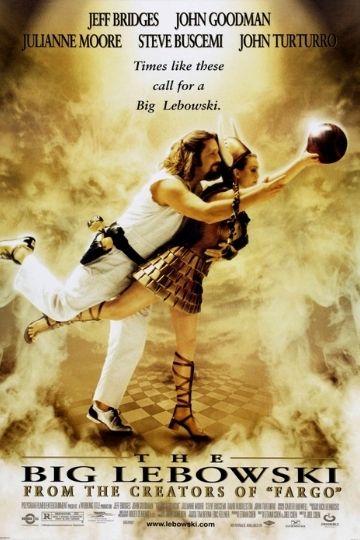
The Big Lebowski

